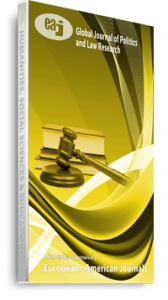Sovereign wealth funds (SWF), though a relatively recent financial vehicle has had a profound impact in the world’s political and financial arenas. SWF’s have the potential to provide a much needed source of capital for a nation or enterprise which could foster and spur economic growth as well as international trade. In the long-run, such international collaborations and investments could pave the way for a more peaceful globalization of the world. However, such governmental intrusions could also lead to unwanted foreign governmental control and possible loss of trade secrets and other sensitive national security interests. Perhaps an even greater issue is the possible political implications that could arise when it comes to SWFs. For example, certain SWFs could choose to invest capital with political allies thereby indirectly punishing their political foes. However, at the central issue with any SWF, is the issue of transparency. SWFs have been notorious for being shrouded in secrecy, from the way a fund is managed to how they choose to invest. With China, this issue is highlighted even more given the political climate coupled with its history and customs regarding foreigners. This paper will take an in-depth look into China’s largest SWF, the China Investment Corporation and compare it to SWFs of other nations and analyze as to what possible solutions China can take to make its SWF more transparent in the eyes of the international community and whether given China’s historical past, current political climate and unique culture and traditions can allow such changes and reforms to be possible. After all, what works for the western world may not necessarily work for China. Finally, this paper will examine certain reforms China’s SWF can make and what collateral benefits such changes could potentially bring.
Keywords: China Investment Corporation, Santiago principles, Sovereign wealth fund, Transparency, economic reform

